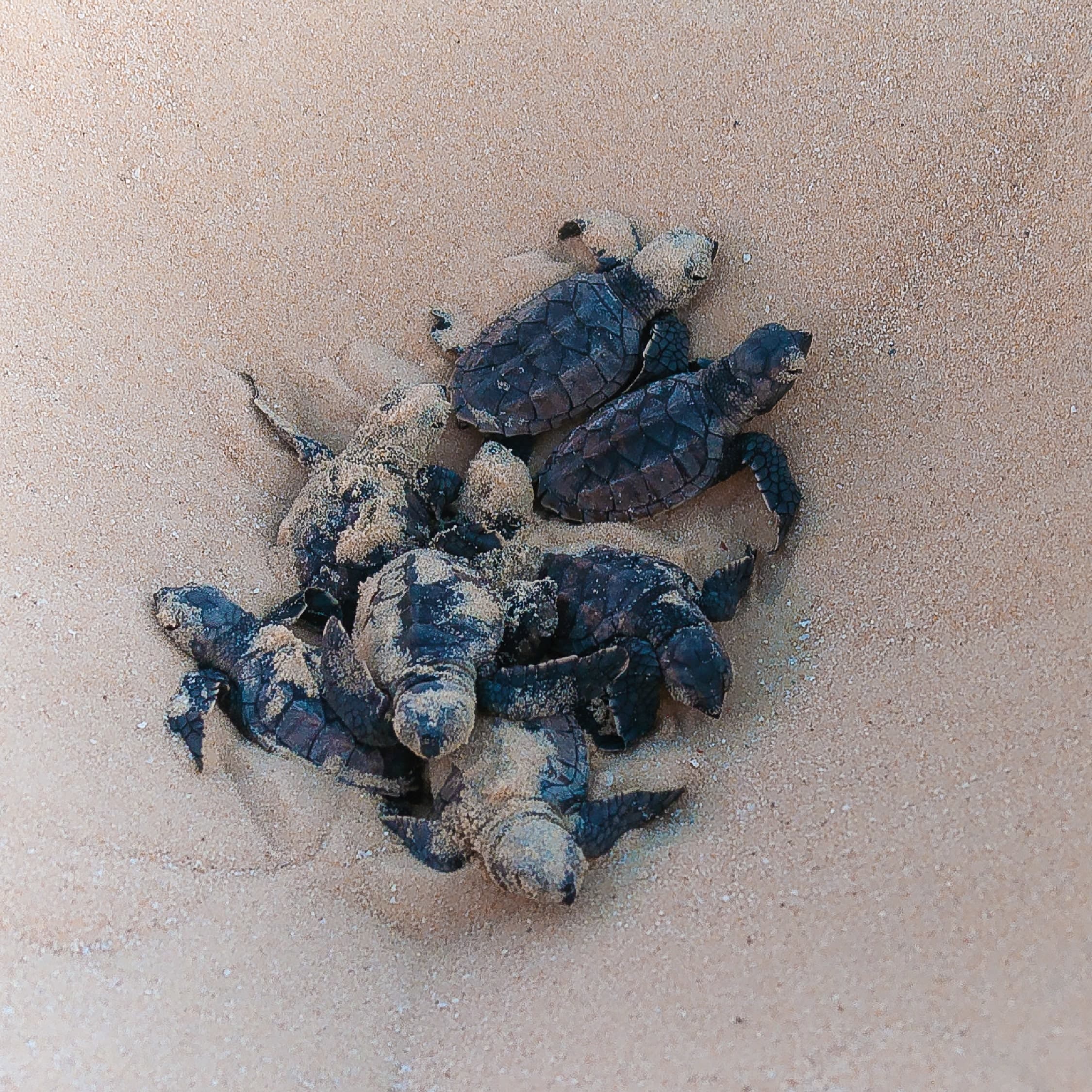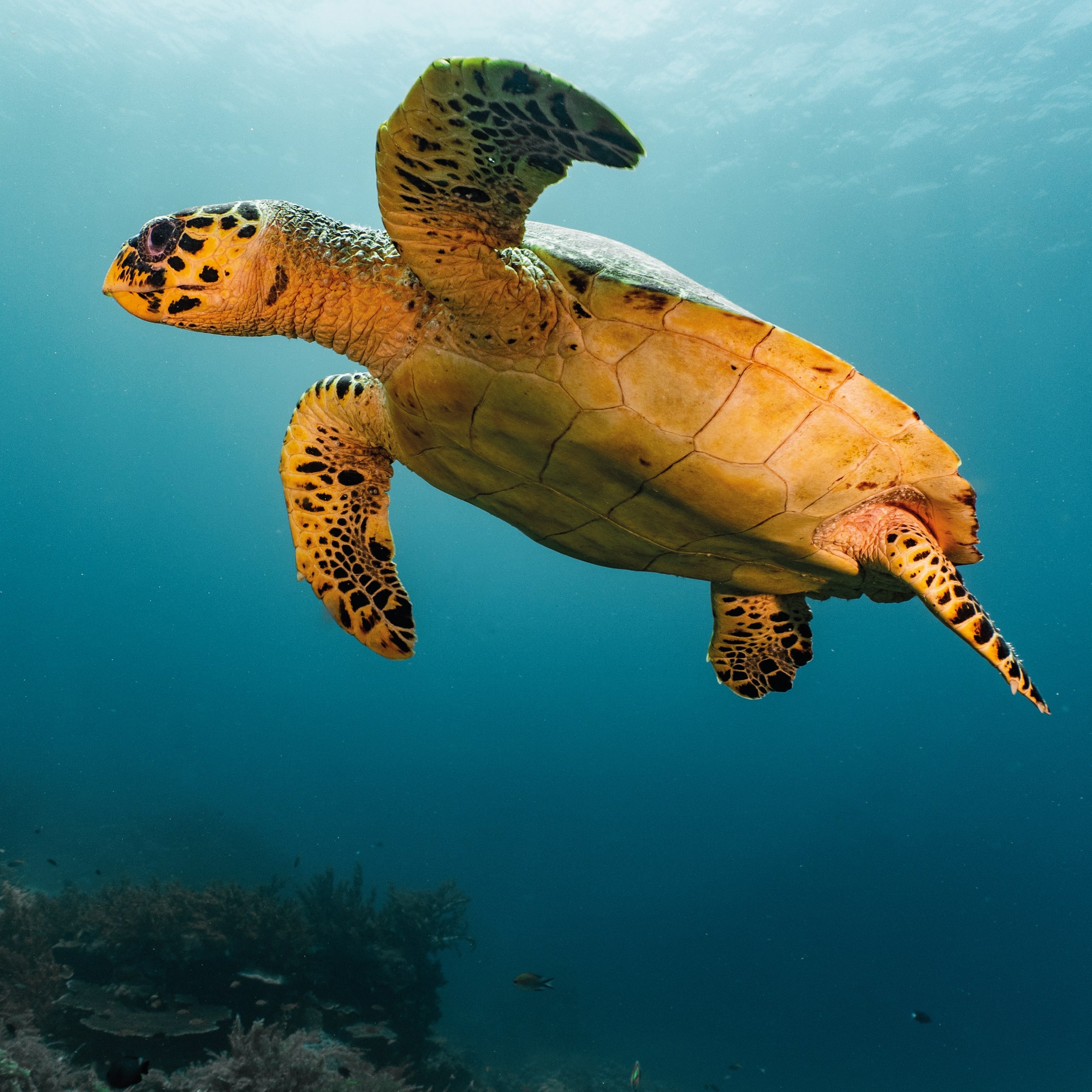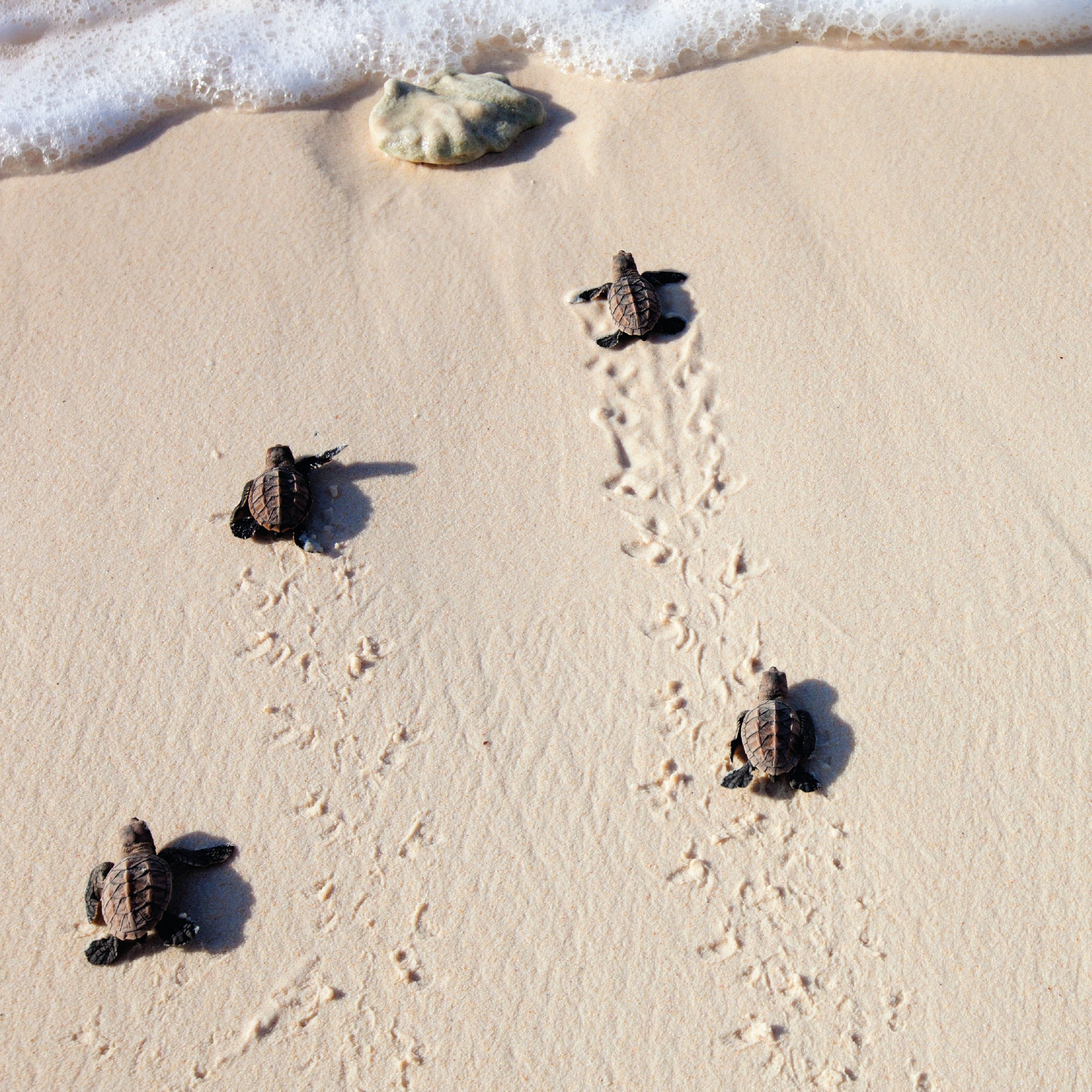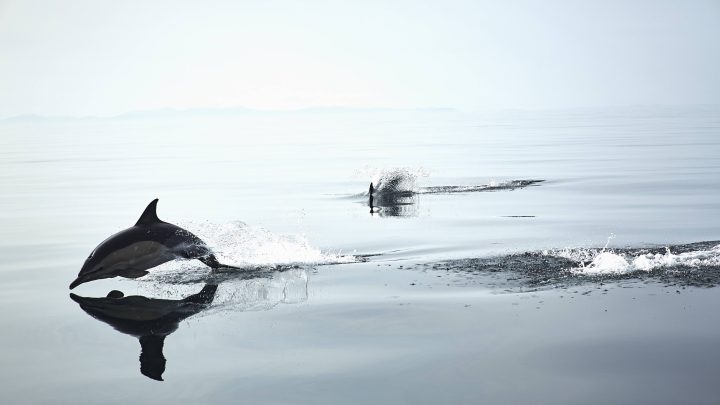June 2020
The Environmental Science Centre
The hawksbill turtle is a historic inhabitant of Qatar’s natural environment. This turtle has called the Arabian Gulf home for thousands of years, but despite its rich history in these waters, it’s currently vulnerable and its species is ‘critically endangered’ globally.
Thankfully, Qatar University (QU) has taken up much of the mantle in protecting some of Qatar’s most vulnerable animals, supporting a rich biodiversity and raising awareness of the plight of endangered species domestically. QU’s Environmental Science Centre (ESC) is leading the way in providing practical solutions and has one of the longest running conversation projects for marine turtles in the region.
These majestic creatures lay their eggs across beaches in Northern Qatar, and from June to August, their hatchlings take their first strokes into the world, crossing sandy beaches to the ocean realm.

The institution’s research is as interesting to us as it is worrying for turtle populations. These beautiful animals are particularly sensitive to the effects of climate change. According to the ESC’s initial studies, a one-degree Celsius nest temperature increase can lead to eggs only producing females, while a one-degree decrease can lead to only males. With temperatures rising across the globe, the species is at risk of seeing its male population irreversibly depleted. We are used to seeing melting ice caps, bushfires and dramatic flooding, but climate change will affect species and environments in less obvious, but no less dramatic, ways.
Technology has boosted efforts to track these often elusive creatures, enhancing data quality and offering new insights. However, technology can’t prevent the sleepless nights patrolling beaches in remote locations, which are key to obtaining a full picture of turtle activities and ensuring these animals are breeding successfully. All in all, it’s exhausting but richly rewarding work.

Despite the current COVID-19 pandemic, the project has continued to run normally, with the animals able to avoid any movement restrictions. As public access to beach sites have been restricted, the team has also seen interesting behavioural changes from the animals, with a greater variety of beaches visited by turtles and previously quiet beaches seeing great nesting activity.
To the team at ESC, the reason is clear: “Previously, we witnessed turtles turn back and fail to dig nests due to rubbish on beaches or compacted sand from vehicles”. As the ESC continues to work day and night to protect these much-loved reptiles, our role in supporting their efforts is more obvious and more important than ever.






